Maritime Software Security: What IT Leaders Need to Know (Before It’s Too Late)

The New Cyber Reality for Ports and Pilotage Authorities Ports and pilotage authorities aren’t just gateways for trade – they’re prime targets for cybercriminals. In 2023 alone, maritime organizations reported a 400% increase in attempted cyberattacks compared to five years earlier. Ransomware attacks on critical infrastructure continue to rise, and maritime operations are increasingly in […]
What We’re Excited About at ACPA Ports Canada 2025

The Power of Data-Driven Decision Making in Ports From September 16–18, port leaders from across Canada will gather in Halifax, Nova Scotia for the ACPA Ports Canada Conference and Trade Show. This annual event is one of the most important opportunities for collaboration, discussion, and innovation in the Canadian maritime industry, and we’re excited to […]
Choosing Between Cloud, On-Premise, and Hybrid Port Software Deployments
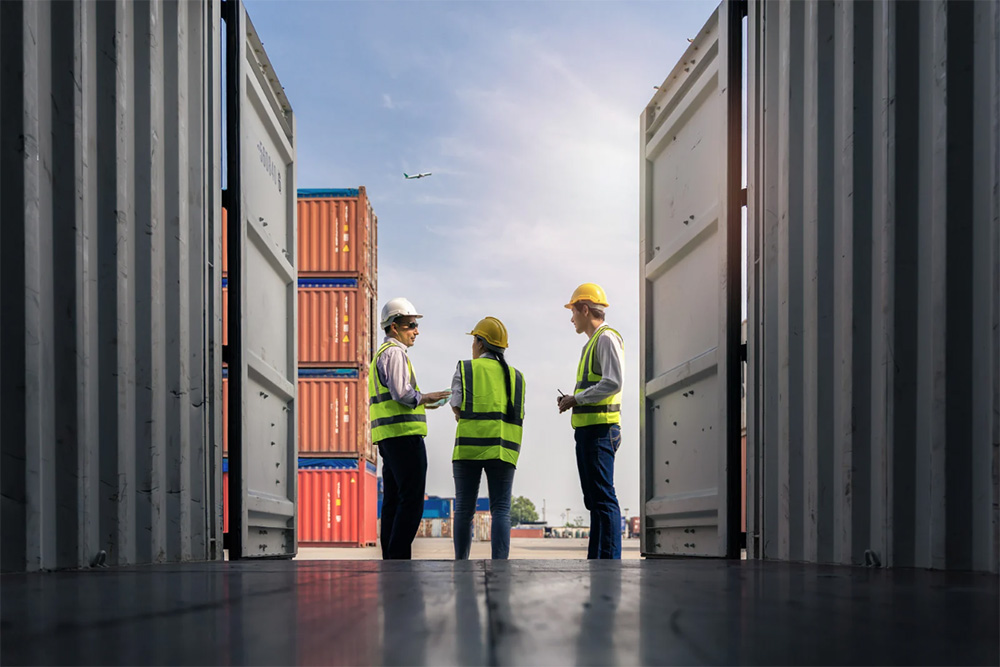
Why Deployment Choices Matter in Maritime For ports and pilotage authorities, software is no longer just an operational tool – it’s critical infrastructure. From billing and dispatch to dashboards and compliance reporting, the systems you choose (and how you deploy them) have long-term implications for cost, security, and scalability. The decision between cloud, on-premise, and […]
The Hidden Cost of Delayed Invoicing in Maritime Operations
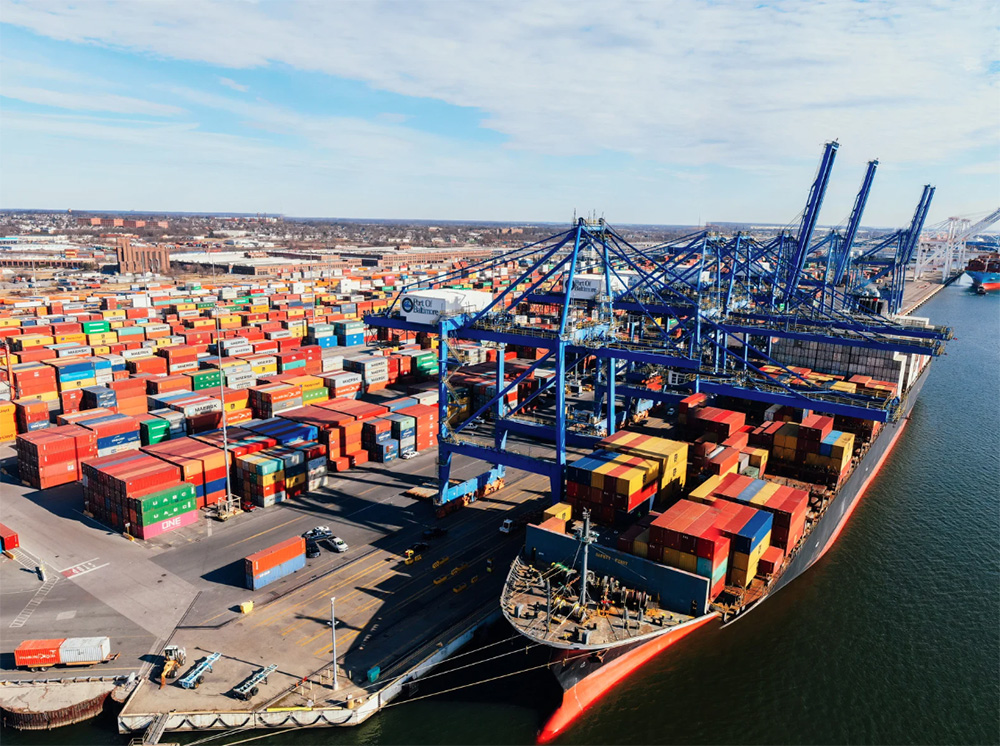
The Overlooked Challenge in Maritime Finance In the fast-moving world of port and pilotage operations, billing delays are often treated as a minor inconvenience. But the truth is, every late invoice creates ripple effects – slowing down cash flow, increasing audit risk, and eroding stakeholder confidence. Unlike missed charges, which represent clear revenue leakage, delayed […]
How Small and Medium Sized Ports Can Modernize Billing Without Enterprise Systems
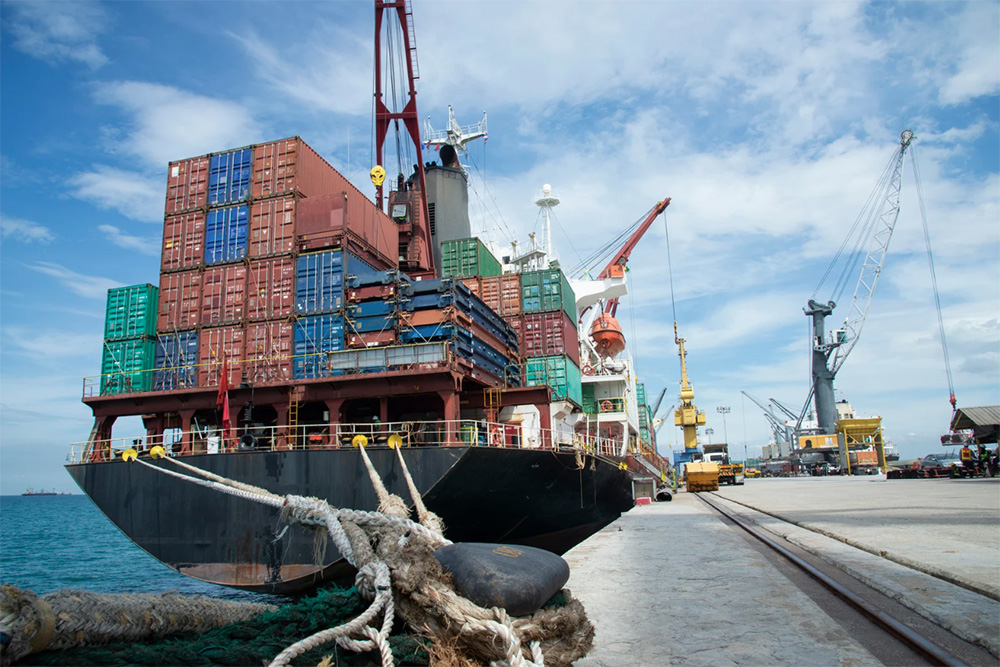
The Challenge for Small and Medium Sized Ports Small and medium sized ports face big billing challenges. Limited staff, paper-based processes, and legacy tools often lead to missed charges, slow invoicing, and administrative headaches. But upgrading doesn’t have to mean deploying a massive enterprise system. Modern solutions make it possible for smaller authorities to capture […]
What Pilotage Authorities Should Expect from Dispatch Software
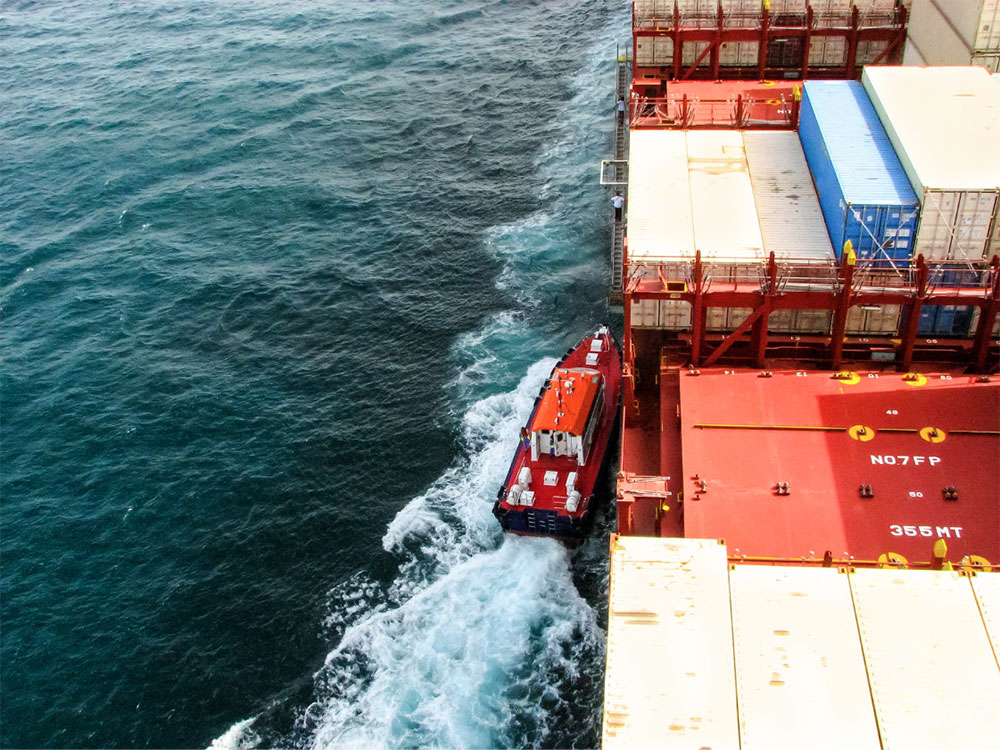
Dispatching and billing are the core operational challenges for every pilotage authority, yet many still rely on manual processes or outdated tools. As pilot schedules grow more complex and compliance pressures increase, dispatch software needs to do more than just assign jobs. In this post, we break down what modern pilotage authorities should expect from […]
How Ports Lose Revenue Without Automated Billing
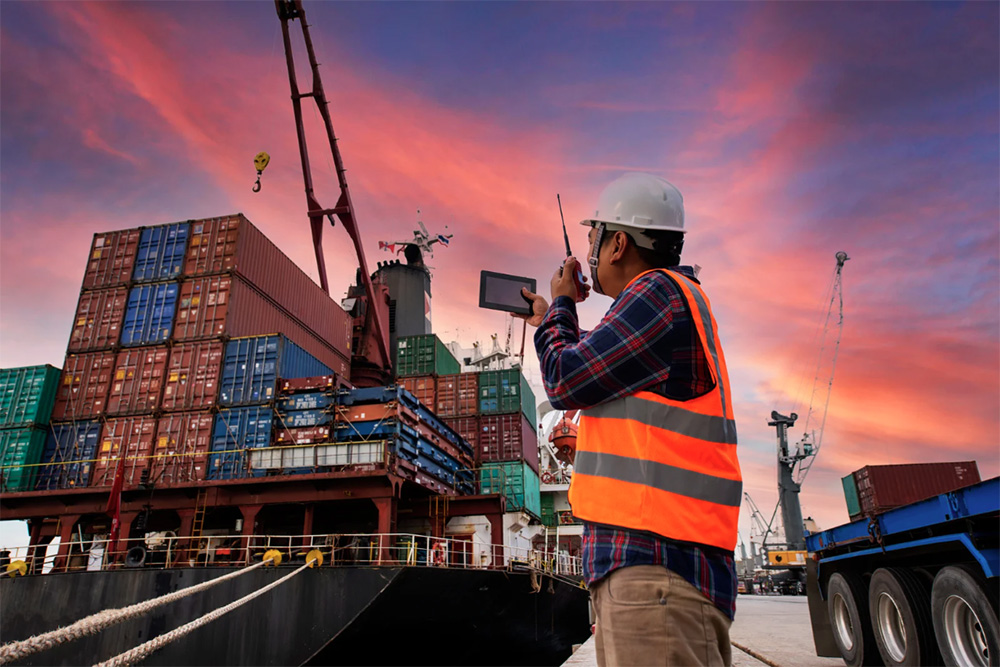
For many ports, billing is a behind-the-scenes process – until it starts costing you real money. Relying on spreadsheets, paper forms, or outdated systems means more than just delays. It means missed charges, billing disputes, and hidden revenue losses. In this post, we’ll break down exactly where manual billing leaks revenue and how modern automation […]
How a Port Management Dashboard Transforms Port Efficiency and Decision-Making
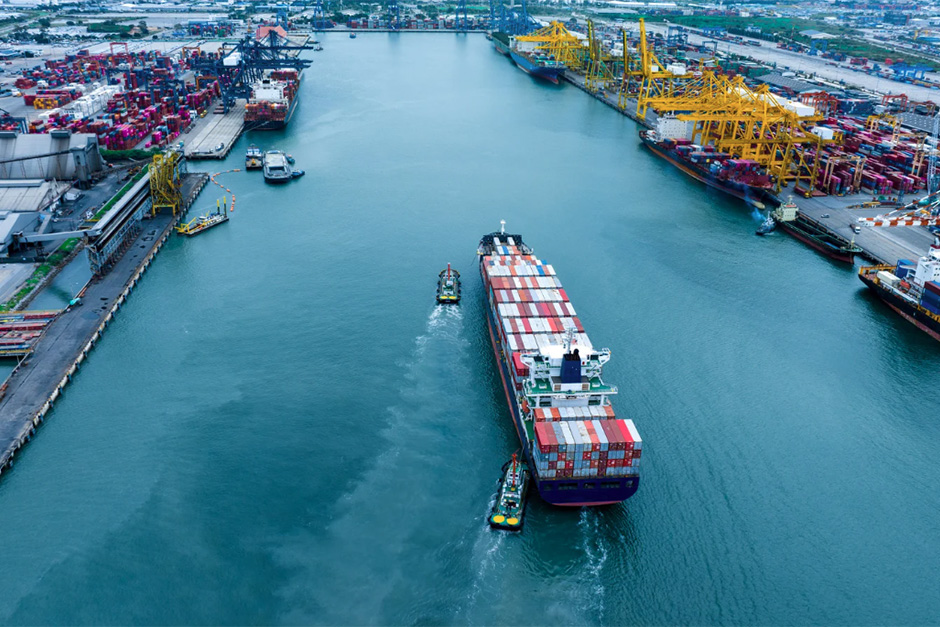
A Port Management Dashboard gives port authorities real-time insights into operations, helping them make faster, smarter decisions. With powerful data visualization tools, ports can improve efficiency, optimize logistics, and boost revenue tracking – all from a single interface.
How Maritime Organizations Can Eliminate Costly Tech Problems Immediately
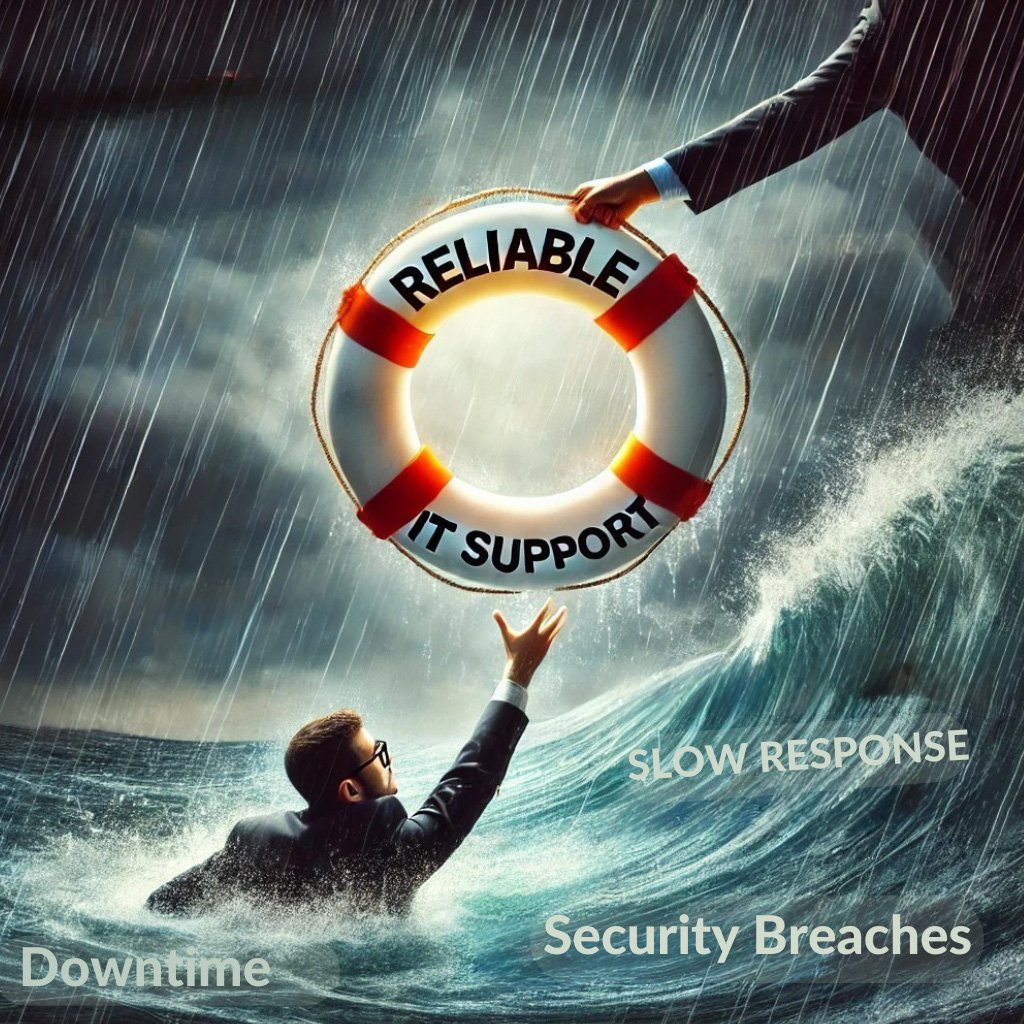
What Happens When Your Systems Fail? Imagine a busy port, pilotage authority, or maritime exchange preparing for the day’s operations when suddenly, critical systems fail: vessel scheduling platforms go offline, communication systems are disrupted, and logistics tracking becomes inaccessible. What would you do? When IT systems go down in the maritime sector, the impact extends […]
A Rising Threat Every Maritime Organization Needs to Take Seriously

Urgent Cybersecurity Alert: The Rising Threat of AI-Powered BEC Attacks Business Email Compromise (BEC) is rapidly becoming one of the most devastating cyberthreats to the maritime industry, with AI-driven scams escalating in both sophistication and impact. In 2023 alone, BEC attacks caused a staggering $6.7 billion in losses, and incidents surged by 42% in early […]
